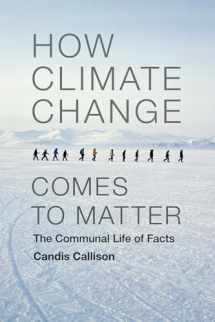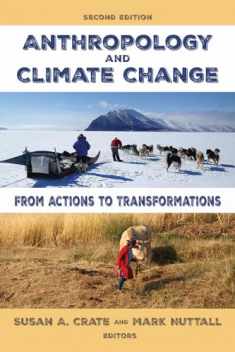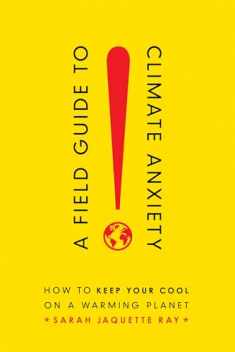
How Climate Change Comes to Matter: The Communal Life of Facts (Experimental Futures)
Book details
Summary
Description
During the past decade, skepticism about climate change has frustrated those seeking to engage broad publics and motivate them to take action on the issue. In this innovative ethnography, Candis Callison examines the initiatives of social and professional groups as they encourage diverse American publics to care about climate change. She explores the efforts of science journalists, scientists who have become expert voices for and about climate change, American evangelicals, Indigenous leaders, and advocates for corporate social responsibility.
The disparate efforts of these groups illuminate the challenge of maintaining fidelity to scientific facts while transforming them into ethical and moral calls to action. Callison investigates the different vernaculars through which we understand and articulate our worlds, as well as the nuanced and pluralistic understandings of climate change evident in different forms of advocacy. As she demonstrates, climate change offers an opportunity to look deeply at how issues and problems that begin in a scientific context come to matter to wide publics, and to rethink emerging interactions among different kinds of knowledge and experience, evolving media landscapes, and claims to authority and expertise.


We would LOVE it if you could help us and other readers by reviewing the book
Book review





